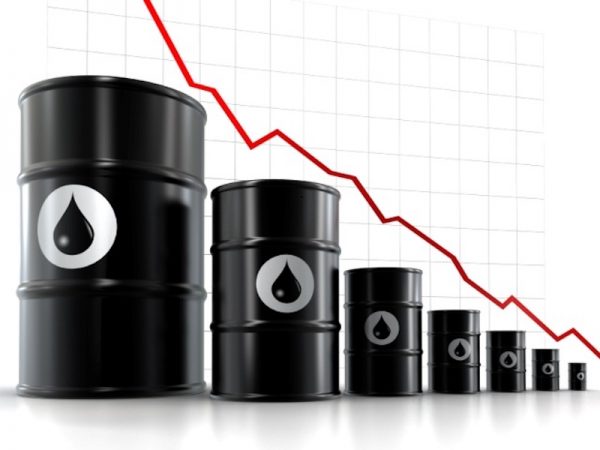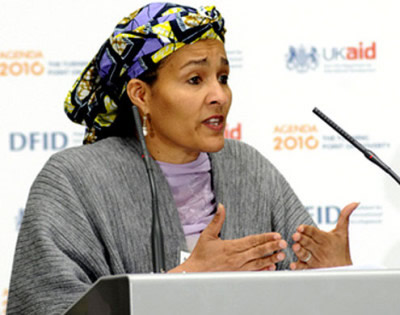Brent crude crashes to $25, US oil falls below $1
 The international oil benchmark, Brent crude, fell to $26 per barrel on Monday, as the demand collapse triggered by the COVID-19 pandemic has caused a massive oversupply in the global oil markets.
The international oil benchmark, Brent crude, fell to $26 per barrel on Monday, as the demand collapse triggered by the COVID-19 pandemic has caused a massive oversupply in the global oil markets.
The lockdowns imposed in many of the world’s major economies have sent crude demand tumbling.
US oil prices crashed below $0 per barrel on Monday, hitting the lowest level since the contract launched in 1983, on warnings that storage could fill up within weeks, according to Financial Times.
Brent, against which Nigeria’s crude oil is priced, dropped by $2-10 to $25.98 per barrel by 9:44pm Nigerian time, while the US benchmark, West Texas Intermediate, sank by $40.77 to -$22.50 per barrel.
Oil prices have extended their declines despite last week’s deal by the Organisation of Petroleum Exporting Countries and its allies to cut production by 9.7 million barrels per day in May and June.
Analysts said the deal had not had a significant impact on prices because of the coronavirus lockdowns that have kept billions of people at home.
The Russian energy ministry has told domestic oil producers to reduce oil output by around 20 per cent from their average February levels, which would bring Moscow in line with its commitment under a global deal, according to Reuters.
“As production continues relatively unscathed, storage is filling up by the day. The world is using less and less oil and producers now feel how this translates in prices,” said Rystad’s Head of Oil Markets, Bjornar Tonhaugen.
Oil in floating tanker storage is also estimated at a record 160 million barrels.
Halliburton, which generates most of its oil business in North America, joined its larger rival Schlumberger in taking impairment hits in the first quarter and issued a bleak outlook for North America.
Oil prices have collapsed by more than 60 per cent since January to levels well below the costs necessary for many shale drillers to break even, leading to drilling halts and drastic spending cuts.
Canada, the world’s fourth-largest oil producer, has begun to rein in production, but analysts say the biggest cuts lie ahead.








